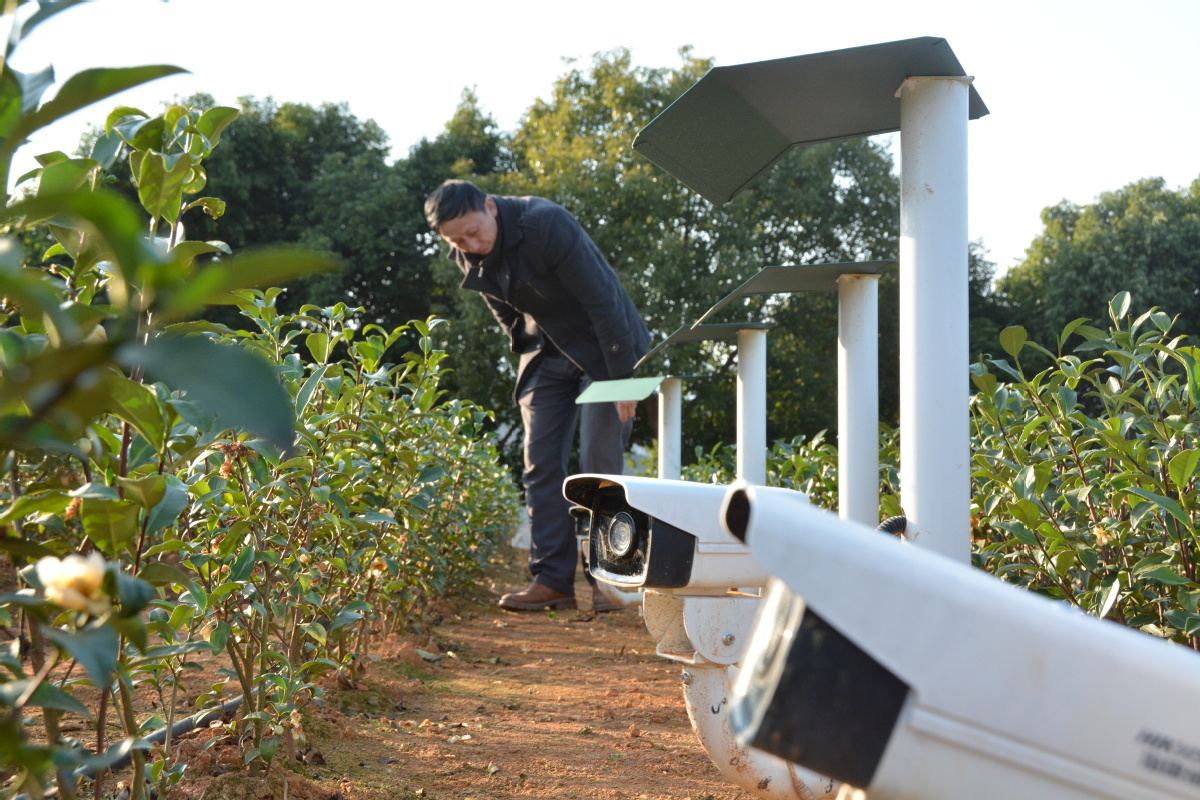Digital tech spurs real economy
2021-04-30 16:41:19 来源: China Daily 责任编辑: 陈佳丽
 Sustained efforts help firms take the high-quality development path FUZHOU-In addition to using cash and digital payment platforms such as Alipay and WeChat Pay, participants at the fourth Digital China Summit have another payment option-the digital renminbi-if they want to buy beverages or snacks at the meeting venue. After downloading a mobile app and depositing yuan, the money automatically changes into its digital form. The payment process is as simple as scanning a QR code on the app, similar to that of digital wallets, and transactions take place in real time. China has launched pilots of the digital currency in a number of cities. China's 14th Five-Year Plan (2021-25) highlights the development of the digital economy by promoting its deep integration with the real economy and building digital industrial clusters. Huang Kunming, a member of the Political Bureau of the Communist Party of China Central Committee and head of the Publicity Department of the CPC Central Committee, stressed the importance of pursuing self-reliant, innovation-driven and high-quality development in advancing the construction of a digital China. The use of digital technologies helped China tackle COVID-19 via several modalities including contact tracing, isolating those with fevers and telemedicine. Now China is promoting the in-depth integration of digital technologies with the real economy to upgrade its industries and blaze a path of high-quality development. The trend of smart manufacturing has swept the country. In sportswear giant Anta Sports' smart factory in Xiamen, Fujian province, workers no longer need to bundle items together and carry them to their next processing location. Powered by industrial automation, big data and the internet of things, the workshop can perform automatic tailoring, integrated logistics and intelligent sorting, among over a dozen other functions. A smart hanging system moves clothes around in the workshop and takes them to different floors for further processing, thus relieving workers of their previous heavy-lifting duties. "We were inspired by the high-speed railway when designing the system, which allows us to trace movements to each 'stop' of the production process," said Zhong Xueliang, a project manager at the factory. Each piece that comes out of the system is standardized and its quality is guaranteed, Zhong said. The system can shorten the process of making one piece of clothing to a minimum of three and a half hours. The Xiamen plant is just one of China's many new smart factories. In Quanzhou, a manufacturing hub in Fujian, over 1,500 large enterprises are undergoing digital transformation. "Digitalization helps increase labor productivity and economic output per person," said Yang Xueshan, a professor at Peking University. Ke Hong, head of Baihu village, Fuzhou, has seen his work become much more efficient with the help of 5G-connected sensors and cameras installed around the village. He can use them to monitor the operations of infrastructure such as lampposts, a parking lot and maintenance hole covers. Digital technologies also allow the village's community workers to provide better healthcare for the elderly, particularly those who live alone or are at high risk of illness. Ke Shunjun, 78, wears a wristband provided by the village that tracks his real-time physiological data. Medical staff are notified immediately should any medical event occur. "My family and I feel much more at ease since I got the wristband, as all my children work outside the village," he said. The smart village of Baihu offers a glimpse into how digital technologies are penetrating and reshaping China's rural areas-a top priority for China's policymakers as the country has shifted its focus from poverty alleviation to rural vitalization. Smart agriculture is another bellwether of a greener and more productive future. More than 100 cameras can be found across a 5G-assisted smart tea farm in the eastern city of Fu'an, most of which are connected to the 5G network to monitor the field 24 hours a day so that plant diseases and pests can be detected instantly, according to system technician Liu Shengquan, who has also been a tea farmer for over 30 years. As a result, the use of pesticides can be greatly reduced, and earnings can increase substantially, Liu said. |




